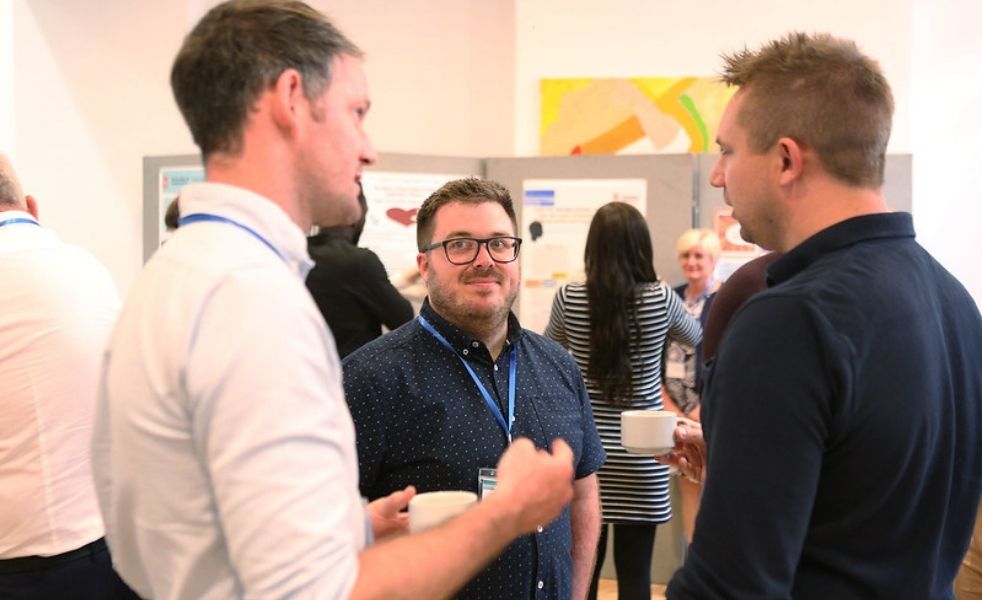Five tips to being a good mentee
Having a good mentor can be a crucial aspect of professional growth, especially in the world of Further Education (FE) and Skills. But what makes a good mentee? Whether you're a budding teacher hoping to refine your skills or a seasoned practitioner seeking career advancement, being a good mentee can make all the difference to your experience.
In this blog, we explore five strategies and qualities of a good mentee that could help you to make the most out of your mentorship.
1. Embrace open-mindedness and willingness to learn
The first step is to embrace a mindset of open-mindedness and a genuine willingness to learn. Your mentor has highly valuable insights and experiences to share, as well as new teaching methodologies, technologies, and approaches that you may not have tried before. Be prepared to embrace new experiences and be open to having your ideas and thoughts challenged by your mentor.
2. Be clear with your goals and expectations
Before embarking on a mentorship journey, it's crucial to set clear goals and expectations. Define what you hope to achieve and communicate these objectives to your mentor. Whether it's enhancing teaching techniques or seeking career guidance, specifying your goals will guide the mentorship process and enable your mentor to provide tailored support.
3. Actively engage and initiate action
It’s vital to understand that a mentorship is a two-way relationship and active engagement from the mentee is vital. Take the initiative to schedule regular meetings, ask questions, and seek advice. Engaging in thoughtful discussions will not only demonstrate your commitment but also foster a collaborative learning environment.
4. Reflect on your practice
One of the most valuable aspects of mentorship is the opportunity to engage in reflective practice. As a mentee, you should assess your own performance and experiences, seeking to identify areas where you can improve. Share your reflections with your mentor and be open to their guidance. This process of self-awareness and self-improvement is integral to personal and professional growth.
5. Engage with feedback
When your mentor offers feedback, it’s key to understand that constructive criticism is meant to help you grow, not to criticize your abilities. In the mentorship relationship, feedback is a tool for refining your skills and knowledge. You don’t necessarily have to agree with everything your mentor suggests, but you should aim to receive it, reflect upon it and then decide whether you wish to act on it.
Making the most of your experience as a mentee
Being a good mentee is not just about receiving guidance; it's about actively participating in your own growth, ultimately enhancing the quality of education you provide to your students and the impact you make in the FE and Skills sector.
Remember: mentorship is a long-term investment in your professional development, and over time, you may even become a mentor yourself, passing on the knowledge and guidance you've acquired over your career.

SET MentorMe





